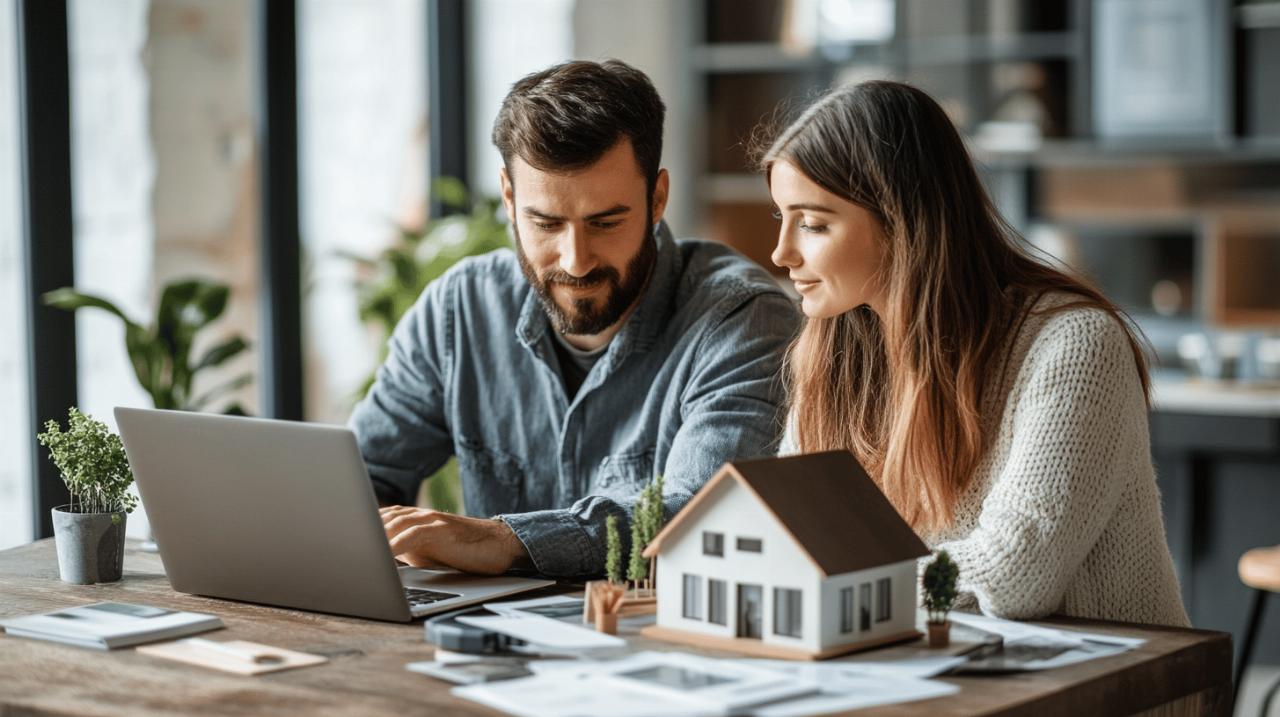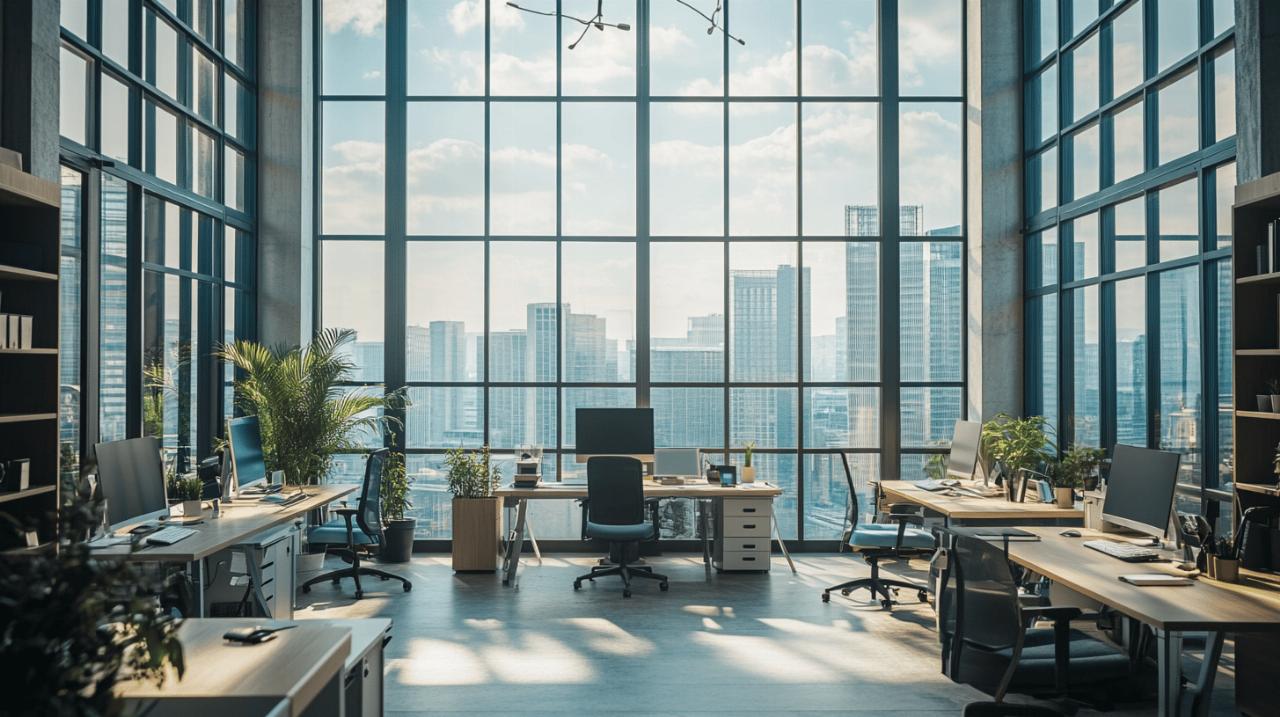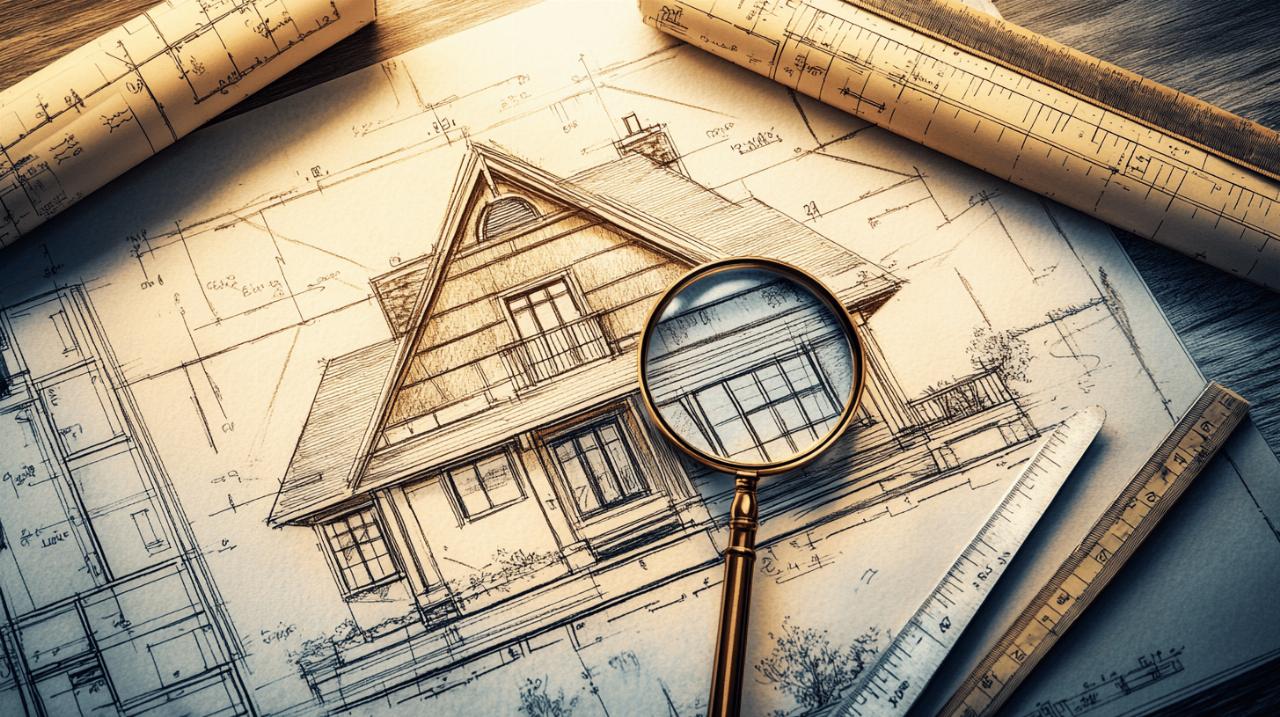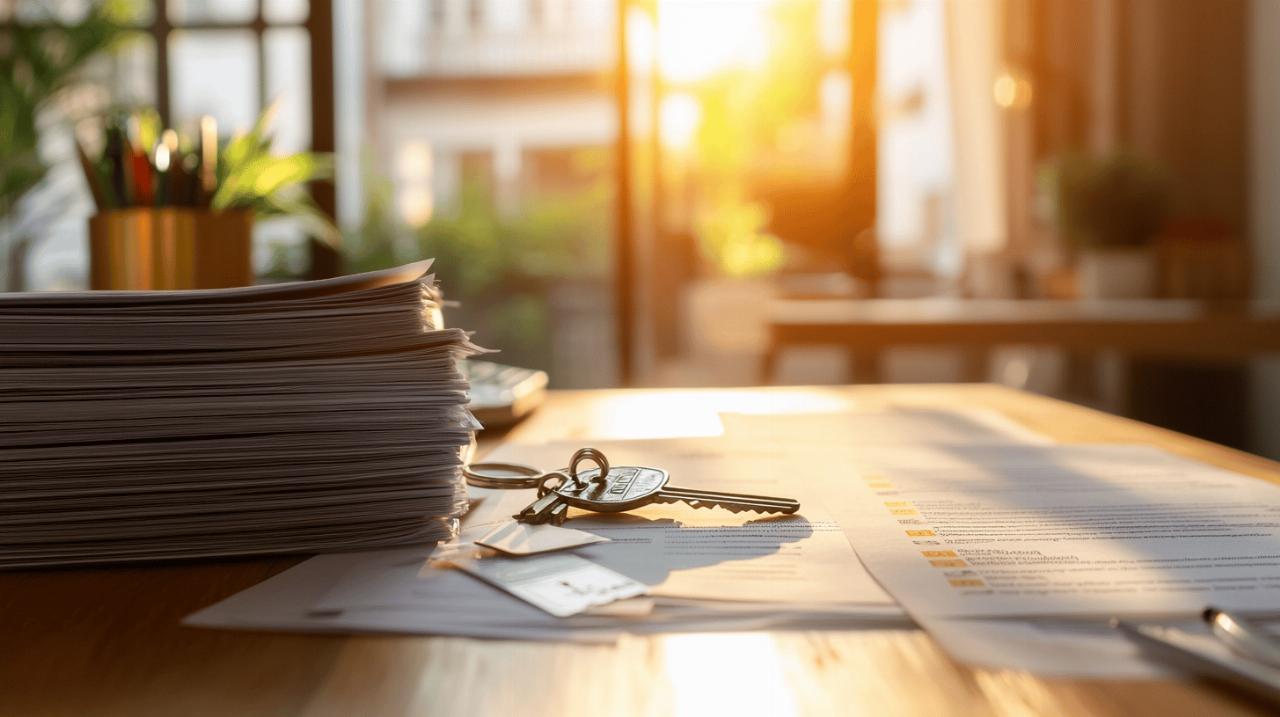Choosing your first home together as newlyweds is an exciting milestone, marking the beginning of a shared journey in a space that reflects your combined aspirations and values. Beyond the romance of this decision lies a practical challenge that requires careful consideration of finances, lifestyle preferences, and increasingly, environmental responsibility. For couples embarking on this adventure, the debate between opting for a house or a flat is more nuanced than ever, particularly when eco-friendly home improvements are part of the conversation.
Weighing Up Houses vs Flats: The Practical Realities for Newly Married Couples
Understanding your financial capacity: mortgages, renting, and first-time buyer options
The first step in making an informed decision involves a realistic assessment of your financial situation. Whether you are considering securing a mortgage as first-time buyers or preferring to rent while you establish yourselves, understanding your borrowing capability and the implications of interest rates is essential. Joint ownership of a property can be a significant milestone, symbolising not just a shared investment but also a commitment to building a future together. However, renting offers flexibility, particularly if your career or lifestyle might demand relocation in the near future. Estate agents and property services professionals can provide invaluable guidance on buying and selling properties, helping you navigate the complexities of the housing market. It is worth exploring various loan options and considering the long-term financial commitment that comes with property ownership, ensuring that the choice aligns with your current circumstances and future plans.
Space requirements and lifestyle priorities: what suits your married life best?
When it comes to space and lifestyle, houses and flats each offer distinct advantages. A house typically provides more room, often including a garden, which can be ideal for those who envision hosting gatherings or perhaps expanding their family in the future. The extra space can accommodate hobbies, home offices, or simply a sense of freedom that comes with having more area to call your own. On the other hand, flats often present a more convenient option, especially in urban areas where proximity to workplaces, transport links, and amenities is a priority. Modern flats frequently feature communal facilities and lower maintenance responsibilities, as building management typically handles external repairs. However, space can be more limited, which may not suit couples with extensive belongings or those who dream of a sprawling garden. The decision ultimately hinges on your priorities as a couple, whether that is the allure of a larger property with room to grow or the convenience and community atmosphere of a well-located flat.
Sustainable Living from the Start: Integrating Eco-Friendly Home Improvements
Energy Efficiency Upgrades: Green Solutions for Both Properties and Purpose-Built Flats
Increasingly, newlyweds are considering the environmental impact of their new home, recognising that eco-friendly home improvements not only contribute to a healthier planet but also enhance property value and reduce long-term costs. Energy efficiency is a cornerstone of sustainable living, and both houses and flats can benefit from thoughtful upgrades. Solar panels, for instance, can significantly decrease electricity bills whilst potentially generating income through energy credits, making them an attractive investment for environmentally conscious buyers. Improving insulation and upgrading to energy-efficient windows, such as double glazing or even triple glazing for those aiming for Passivhaus standards, can lead to substantial savings on heating and cooling costs. Smart home technology, including smart thermostats and energy monitoring systems, provides real-time data that helps reduce waste and optimise energy use. For those considering a flat conversion or extension, integrating these features from the outset ensures that your home is both comfortable and cost-effective, appealing to a growing market of buyers who prioritise sustainability.
Eco-conscious choices that add value: from insulation to renewable energy systems
Beyond energy efficiency, a range of eco-conscious choices can significantly enhance the appeal and value of your property. Water conservation solutions, such as rainwater harvesting systems and low-flow fixtures, can reduce water consumption by up to fifty per cent, lowering bills and demonstrating a commitment to sustainable living. Sustainable landscaping techniques, including native plants and xeriscaping, create low-maintenance gardens that thrive with minimal water and chemical input, enhancing curb appeal whilst promoting environmental stewardship. Interior improvements, such as using non-toxic paints with low VOC levels and opting for sustainable flooring options like bamboo or reclaimed wood, contribute to a healthier indoor environment and resonate with buyers seeking green features. Renewable energy systems, including heat pumps and biomass boilers, represent a more substantial investment but can dramatically reduce reliance on fossil fuels and improve the thermal efficiency of your home. Adopting a fabric-first approach, which prioritises high-quality insulation and airtight design, ensures that your property meets rigorous standards such as the Passivhaus certification, where space heating energy does not exceed fifteen kilowatt-hours per square metre. These improvements not only reduce maintenance expenses over time but also position your home as a forward-thinking choice in a competitive property market.
Property Ownership and Long-Term Planning for Newlywed Couples
Joint ownership and legal considerations: protecting your investment together
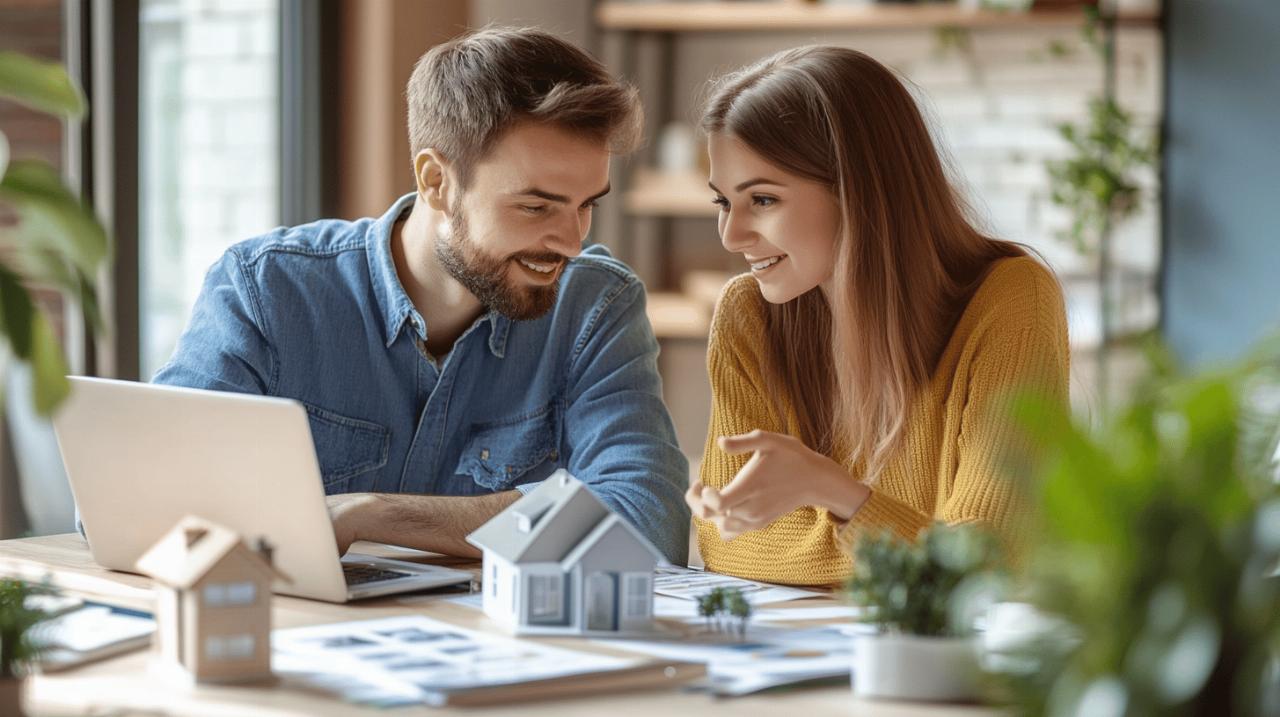 Embarking on property ownership as a married couple involves more than selecting the right location and style of home; it also requires attention to legal and financial arrangements that protect both partners. Joint ownership is a common approach, ensuring that both individuals have an equal stake in the property and the security that comes with it. However, it is wise to seek professional advice on the legal aspects of joint ownership, particularly regarding what happens in the event of separation or other unforeseen circumstances. Understanding these considerations may not be the most romantic aspect of buying a home, but it provides peace of mind and safeguards your investment. Estate agents and property services professionals, along with solicitors, can offer guidance on structuring ownership in a way that reflects your mutual interests and long-term goals, ensuring that the matrimonial home remains a source of stability rather than contention.
Embarking on property ownership as a married couple involves more than selecting the right location and style of home; it also requires attention to legal and financial arrangements that protect both partners. Joint ownership is a common approach, ensuring that both individuals have an equal stake in the property and the security that comes with it. However, it is wise to seek professional advice on the legal aspects of joint ownership, particularly regarding what happens in the event of separation or other unforeseen circumstances. Understanding these considerations may not be the most romantic aspect of buying a home, but it provides peace of mind and safeguards your investment. Estate agents and property services professionals, along with solicitors, can offer guidance on structuring ownership in a way that reflects your mutual interests and long-term goals, ensuring that the matrimonial home remains a source of stability rather than contention.
Location and Future-Proofing: Choosing a Residence That Grows With Your Marriage
Location remains one of the most critical factors in selecting a property, influencing not only your daily convenience but also the potential for appreciation in property value. Proximity to workplaces, family, friends, and essential amenities can significantly enhance your quality of life, whilst access to transport links offers flexibility for future career or lifestyle changes. Beyond immediate practicalities, future-proofing your home involves considering how the property might accommodate changes over time, whether that involves starting a family, working from home, or simply evolving tastes and needs. Choosing a residence with the potential for extensions or conversions, or one that already incorporates sustainable features, ensures that your home can grow alongside your marriage. Property development opportunities, such as self-build houses or new build flats, allow for greater customisation and the integration of eco-friendly technologies from the ground up, aligning your living space with both personal values and market trends that favour energy efficiency and environmental responsibility.
Making the Final Decision: Balancing Maintenance, Community, and Environmental Responsibility
Houses: garden space, maintenance commitments, and green home potential
For couples drawn to the idea of a house, the appeal often lies in the combination of space, privacy, and the potential to create a truly personalised environment. A house with a garden offers opportunities for outdoor living, sustainable landscaping, and even the installation of renewable energy systems that might be more challenging in a flat setting. However, it is important to recognise that houses come with greater maintenance responsibilities. From repairing windows to managing general upkeep, these tasks fall squarely on the homeowners, requiring both time and financial investment. Yet, this responsibility also presents an opportunity to implement eco-friendly home improvements that align with your values, such as upgrading insulation, installing energy-efficient heating systems, or designing passive solar features that maximise natural light and heat. The long-term benefits of these investments, including reduced energy bills, potential tax incentives, and increased property value, make them worthwhile considerations for newlyweds committed to sustainable living.
Flats: Convenience, Communal Living, and Opportunities for Sustainable Urban Dwelling
Conversely, flats offer a compelling alternative for those who value convenience, community, and a lower maintenance lifestyle. In urban areas, flats provide easy access to cultural amenities, employment opportunities, and social networks, making them an attractive choice for couples who thrive in vibrant, connected environments. The communal nature of flat living often includes shared facilities and building management that handles external repairs, freeing residents from many of the burdens associated with property maintenance. Despite these advantages, space constraints can be a consideration, particularly for those with ambitious plans for their living environment. Nevertheless, flats are not without opportunities for eco-friendly enhancements. Interior design choices, such as sustainable flooring, non-toxic paints, and smart home technology, can significantly improve energy efficiency and indoor air quality. Additionally, some new build flats are constructed to high environmental standards, incorporating features like ventilation with heat recovery systems and high-performance insulation that meet or exceed Passivhaus standards. For environmentally conscious buyers, these flats represent a chance to embrace sustainable urban dwelling without sacrificing modern comforts or convenience.
Ultimately, the choice between a house and a flat for newlyweds is deeply personal, shaped by individual priorities, financial capacity, and a shared vision for the future. By considering not only the immediate practicalities of space and location but also the long-term benefits of eco-friendly home improvements, couples can make a decision that supports both their lifestyle and their commitment to environmental responsibility. Whether your ideal home features a garden ripe for sustainable landscaping or a sleek flat equipped with the latest energy monitoring systems, the key is to choose a residence that reflects your values and provides a solid foundation for the life you are building together.

